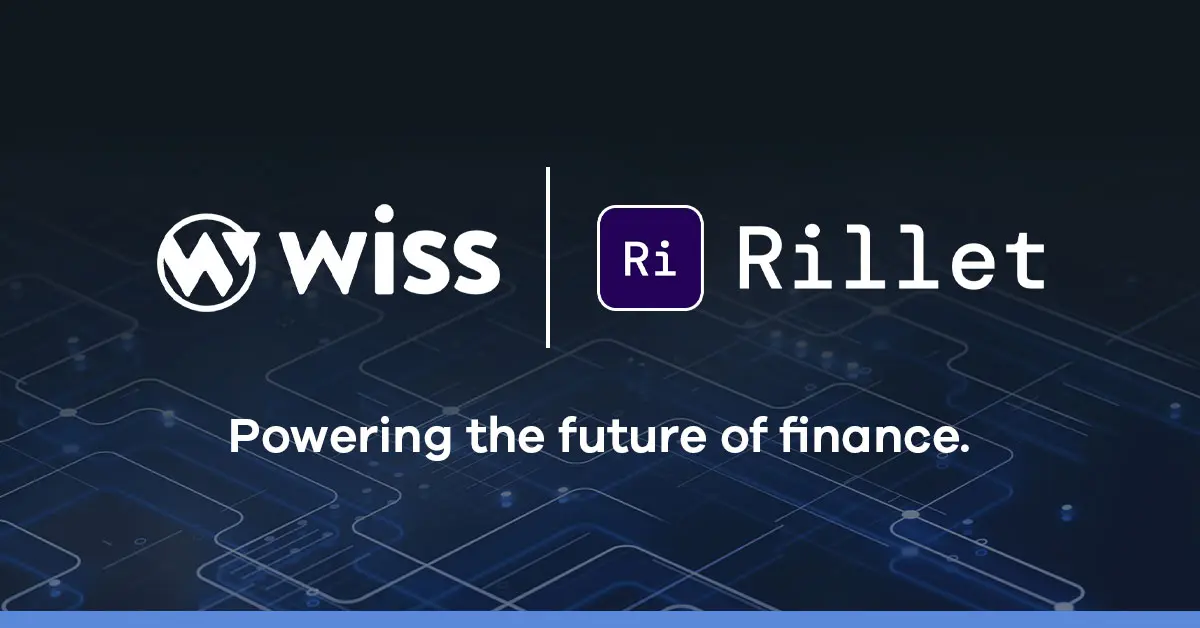Technology moves fast. Being able to move with it—acting quickly, and efficiently, and pivoting when necessary—is one of the keys to success.
But speed is not the only consideration. Making smart decisions is equally valuable.
“Failing fast” means taking an iterative approach to problem-solving—being open to the possibility of failure as a way of gaining information. Failing can give early indications of what does and doesn’t work and can save time and money in the long run. However, the ability to be smart about your failures really sets you apart. It would be best to minimize their impact while maximizing what you learn from them.
Here are three things you can do to stay agile as you get your initiative off the ground:
Build on Solid Ground
Your IT initiative is only as strong as the base it’s built on. Failure of network, security, or compliance components can wreak havoc on your business and damage both your reputation and your bottom line.
Spend time ensuring that the technology underpinning your project is resilient and effective. It is an investment you will not regret.
Limit Your Failures
Failure is an inevitable part of any new initiative and should be accepted. The key to success, though, lies in controlling your failures.
A governance council or committee should be charged with managing the process of implementation and evaluation, identifying risks and potential areas of failure, and developing strategies to mitigate these risks. The committee should ensure that the new capabilities align with the organization’s overall goals and understand how employees will be impacted.
Start small
It can be tempting to dive in and implement a complete solution simultaneously. After all, we’ve been trained to admire “thinking big.” But when dealing with an IT initiative, it often makes more sense to take small steps, testing each one at a time.
Beginning with a proof of concept or pilot program saves time and money and makes it easier to learn from your failures.
Failure is never completely painless. However, reliable infrastructure, good governance, and an incremental approach help ensure that damage is contained and that your team can learn the maximum amount from each failure.

 Previous
Previous






